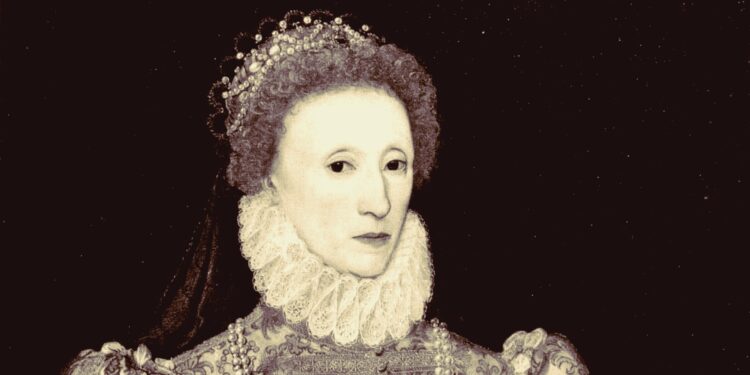Queen Elizabeth I, also known as the “Virgin Queen,” reigned over England from 1558 to 1603 and left an indelible mark on the country’s history. Her reign was characterized by political stability, cultural flourishing, and an unwavering commitment to the prosperity of her nation. Born on September 7, 1533, Elizabeth’s ascension to the throne marked the beginning of an era known as the Elizabethan Age, an epoch of artistic brilliance and national pride.
Elizabeth’s reign was fraught with challenges from both within and outside England. As a Protestant queen in a predominantly Catholic country, she faced religious dissent and external threats from powerful Catholic nations like Spain. Nevertheless, her astute diplomacy, exemplified by her famous “Middle Way,” managed to maintain peace while protecting the interests of her realm. This approach solidified England’s position as a rising power and laid the foundation for its future global dominance.
Queen Elizabeth’s court became a hub of intellectual and artistic brilliance, attracting renowned poets, playwrights, and musicians, such as William Shakespeare and Christopher Marlowe. Their works celebrated the triumphs of the English nation and portrayed the queen as a symbol of power and virtue. The flourishing of arts during her reign has come to define an entire era of English literature and drama.
In addition to her cultural achievements, Elizabeth’s reign witnessed significant advancements in exploration and trade. She supported explorers like Francis Drake and Walter Raleigh, who ventured into uncharted territories, bringing back new knowledge and expanding England’s colonial aspirations. The establishment of colonies, such as Jamestown in America, laid the foundation for future British imperial endeavors.
Queen Elizabeth’s personal life remains a subject of fascination and intrigue. Her decision to remain unmarried earned her the epithet of the “Virgin Queen.” While her choice was partly political, it also allowed her to maintain control and independence as the sole ruler of England. Elizabeth skillfully employed her status as an unmarried queen to her advantage, using it as a diplomatic tool in negotiations and to forge alliances.
The reign of Queen Elizabeth I was a golden age in English history, characterized by prosperity, cultural excellence, and political stability. Her vision and leadership transformed England into a formidable nation on the world stage. By the time of her death on March 24, 1603, she left behind a legacy that continues to inspire and captivate generations, making her one of the most iconic monarchs in history.
newshub




Recent Comments